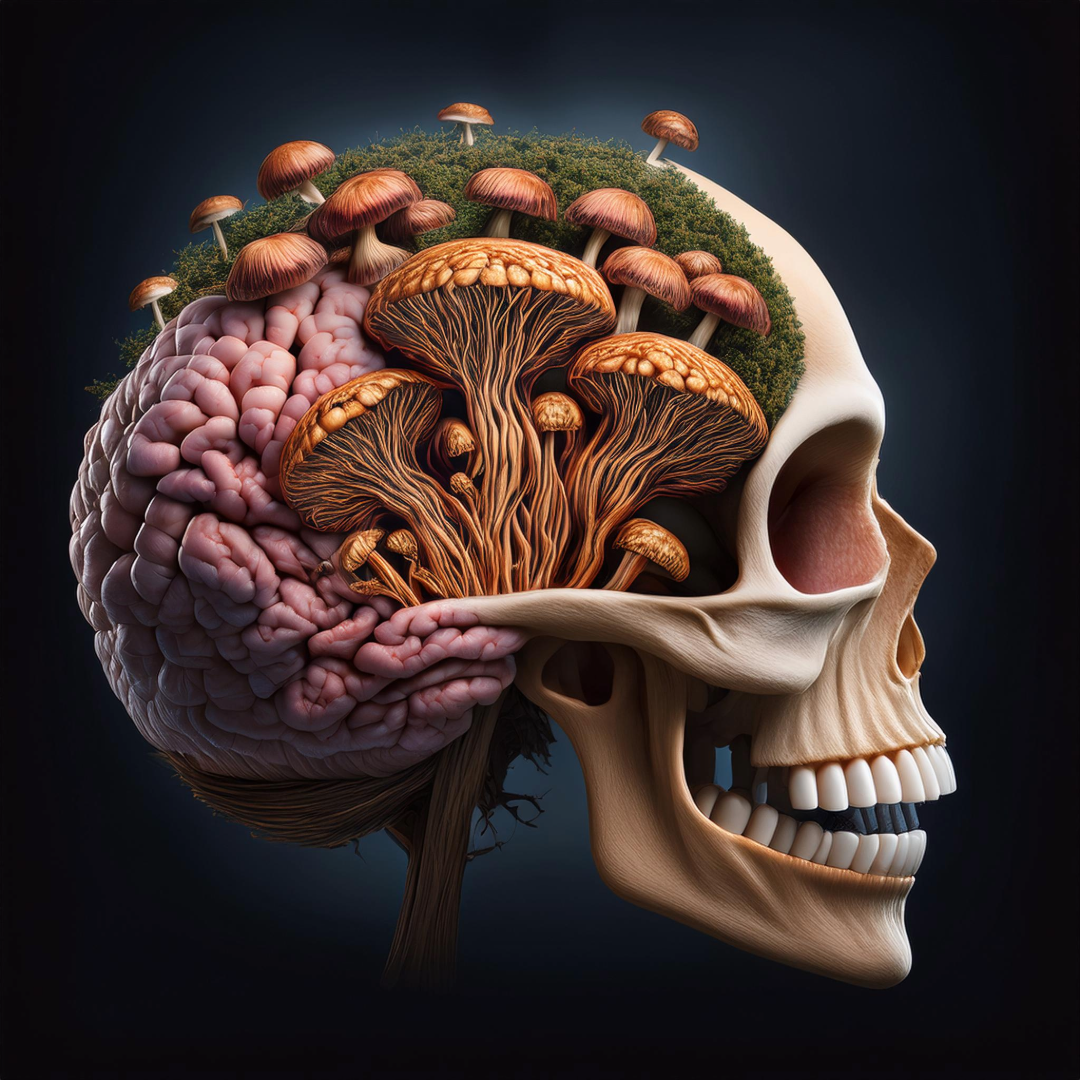If it seems like 5-HTP supplements are everywhere you look lately, you’re not hallucinating. It’s become a mainstream supplement thanks largely to its ability to help increase your levels of serotonin, and thus, helps regulate your mood, may help you lose weight, get to sleep easier, and a half dozen other benefits.
What is 5-HTP?
L-tryptophan and 5-HTP, or 5-hydroxytryptophan, are rate-limiting steps in the creation of serotonin. If you don’t have enough of either, you won’t be able to create enough serotonin. However, you can bypass the L-tryptophan phase and supplement directly with 5-HTP because the equation looks something like this:
L-Tryptophan à 5-HTP à Serotonin
It’s slightly more complicated than that, but for the sake of brevity and ease of understanding, we’ll leave it at that.
If supplementing with 5-HTP is so effective, why not supplement with serotonin?
Well, for one, serotonin doesn’t cross the blood-brain barrier like 5-HTP does. So orally ingesting serotonin won’t do you much good. Plus, it’s theoretically possible to increase your serotonin levels as much as you want by taking 5-HTP. However, it’s a terrible idea to take too much, so just stick to what your supplement label says. 5-HTP has been shown to be safe when taking 400 mg a day, but causing a large spike in serotonin levels will not assist you in the way you need to be helped.
Why Should You Take a 5-HTP Supplement?
If you are looking to take 5-HTP directly, there are only a few known sources you can turn to. But they’re not anything you probably eat in your everyday diet. In addition, eating foods rich in L-tryptophan in order to increase your levels of 5-HTP and thus, serotonin, is an imperfect process. You can’t just eat a fist-sized portion of turkey with a side of beans and be confident it’s going to work the way you want it to. There’s a lot going on -- including how well your body can breakdown protein and absorb amino acids.
But before we get to which supplements you should look for, let’s dive into a few studies involving 5-HTP.
You may already know that serotonin is a neurotransmitter that helps regulate your mood and behavior. Colloquially, it’s called a happy hormone. This is partly due to the fact that there’s a correlation between low levels of serotonin and depression.
5-HTP has also been shown to help you sleep easier and can even help reduce anxiety. Again, none of these effects are due to what 5-HTP does. It’s all possible because 5-HTP increases your levels of serotonin
Finding a 5-HTP Supplement
Great. So let’s get started. Let’s find a 5-HTP supplement.
Don’t worry. There aren’t too many caveats. There are only two different ingredients that are currently being used to provide you with 5-HTP – mucuna pruriens and griffonia simplicifolia.
The first, and more precarious, option is mucuna pruriens. Mucuna pruriens is a bean that’s prized for the serotonin coating its surface and the L-Dopa it can provide. However, if you take mucuna pruriens without adequately addressing your serotonin levels. Though it contains some serotonin, the L-Dopa in mucuna pruriens can lower your serotonin levels and actually worsen symptoms related to low serotonin.
Your better option is to supplement with griffonia simplicifolia. The side effects are much milder than mucuna pruriens and are unlikely to occur in most people.
History and Use of Griffonia Simplicifolia
Griffonia simplicifolia is an herb from West Africa that has traditionally been used for a wide variety of symptoms.
The seeds have been used as an antibiotic, an aphrodisiac, an anti-diarrheal, and to help with vomiting and stomach aches. The leaves can help treat wounds while the juice from the leaves is believed to help with bladder and kidney issues. In other words, it’s an incredibly useful plant. But those aren’t the benefits we’re looking for. The point I’m raising here, however, is that the entire plant is useful.
The leaves contain valuable lectins. Lectins are generally used by plants to help protect their seeds. This means that they can often support your immune system (think: astragalus, garlic, and bitter melon).
Unfortunately, most supplements only use a seed extract. After all, the seeds may be up to 20% 5-HTP by weight, so it makes sense. More 5-HTP means more benefits because it means more serotonin. However, like I mentioned earlier, too much of a good thing can indeed be too much.
Even though serotonin is a feel-good chemical, getting too much too quickly can feel, well, harsh. It can be unpleasant and when your supply of 5-HTP produced serotonin runs out, it’s not uncommon to experience a crash if you’re taking too much. So an extract that promotes its 99% 5-HTP is probably not going to be the best for you.
I will forever and always be an advocate of taking a whole food supplement whenever possible. For example, consider the egg. It’s undoubtedly one of the best sources of protein and contains tons of other beneficial nutrients. But many people just want to eat the egg whites because egg yolks are “bad.” Uncooked egg whites can seriously deplete your levels of biotin, a B vitamin. However, nature provides more than enough biotin to compensate for the depletion in the yolk. In fact, you’ll end up on the positive side of the biotin game.
It’s not just eggs. Nature truly knows best. By taking an extract, you’re missing out other beneficial and potentially synergistic components nature has conveniently packaged for you in a single plant. Plus, evidence suggests the whole herb is better than an extract of griffonia simplicifolia seeds.
Your best bet is to look for a supplement containing about 30% 5-HTP. Not only will it provide you with more of the plant and its valuable nutrients, in my experience, it also produces a much smoother result. I don’t feel nearly as beat up the next morning as I did when I took a seed extract. Instead, I wake up refreshed and ready to greet the day and any challenges that are thrown at me.





GABA: Your Guide To The Neurotransmitter GABA
College Essay Tips: Engage Your Audience by Writing What You Know